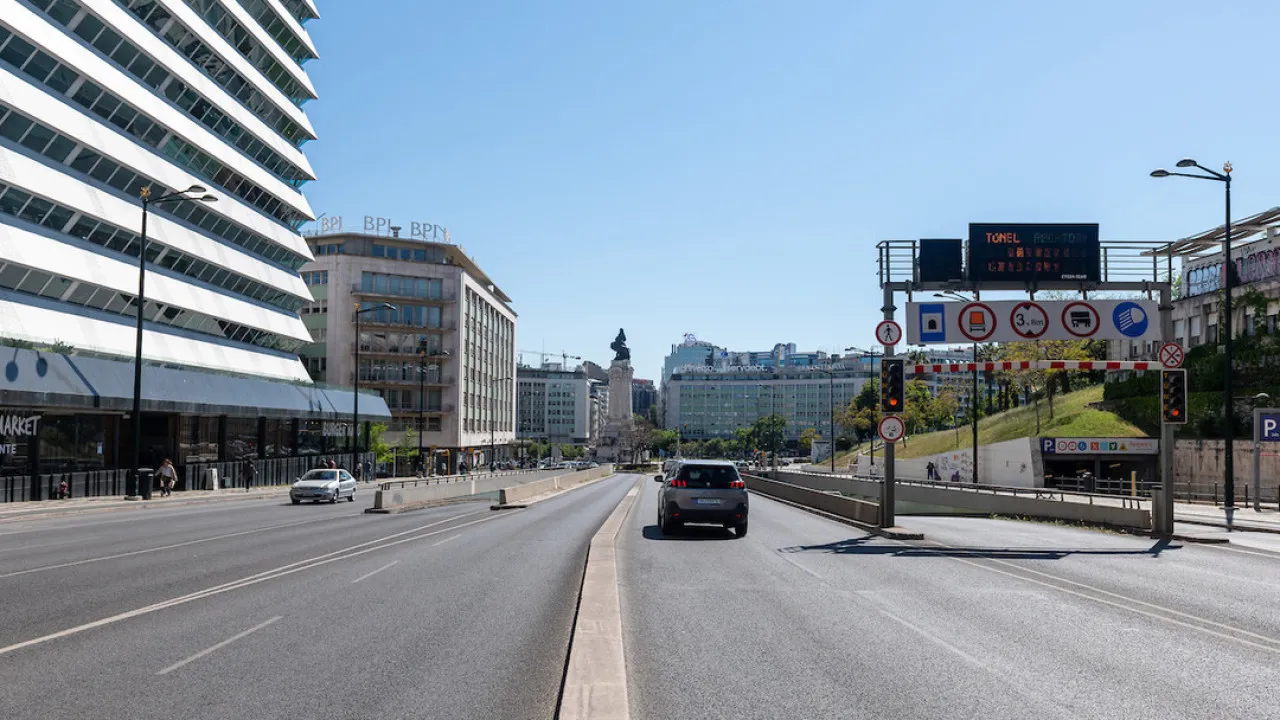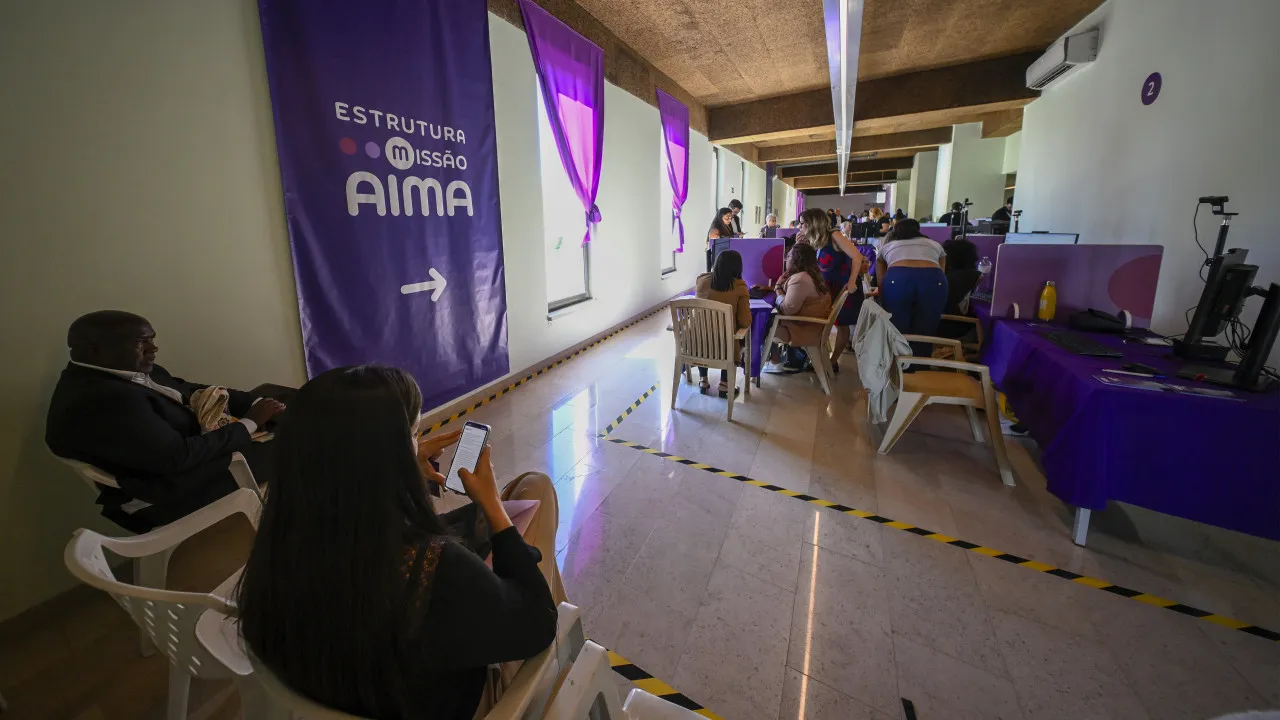This is the final year that “historical reparation” will be paid to Sephardic Jews who have Portuguese ancestry.
Because the government thinks that “the purpose of historical reparation” that gave rise to the statute has been met, the current system that allows descendants of Portuguese Sephardic Jews to seek for nationality will terminate in December of this year.
The bill, which amends the nationality law, has been introduced in the Portuguese Parliament. It calls for the rule that allowed the government to grant nationality by naturalization “to descendants of Portuguese Sephardic Jews, by demonstrating the tradition of belonging to a Sephardic community of Portuguese origin, based on proven objective requirements of connection to Portugal, including surnames, family language, direct or collatera ties,” to be repealed as of January 1, 2024. This change will take effect five years after the bill
The legislation stipulates that the consideration of applications for the granting of Portuguese nationality that were submitted on the basis of this rule “until December 31, 2023” would not be impacted by the revocation of the rule.
“Given that no regime of historical reparations should be eternal, it is considered that a time limit should be set for the exception regime for descendants of Sephardic Jews of Portuguese origin,” justifies the executive in the explanatory statement of the law. “Similar to what happened in Spain, whose regime had a limited application in time, being, in fact, very demanding for the granting of Spanish nationality to descendants of Sephardic Jews,”
It is stated in the draft bill that the modifications that were made to the nationality law in 2013 allowed “the acquisition of Portuguese nationality, by naturalization, to descendants of Sephardic Jews of Portuguese origin expelled from Portugal at the end of the 15th century, dispensing with the requirements of residence in Portugal and knowledge of the Portuguese language.” This is because the requirements of residence in Portugal and knowledge of the Portuguese language were no longer necessary.
“This regime intended to promote a historical reparation of the persecutions suffered by the Jewish community from the reign of D. Manuel I, enabling the return to the Portuguese community of the descendants of Jews expelled or who fled from the Inquisition and who objectively demonstrated the tradition of belonging to a Sephardic community of Portuguese origin,” he recalls. “This regime aimed to promote a historical reparation of the persecutions suffered by the Jewish community from the reign of D. Manuel I.”
By the end of the year 2021, the government estimates that “approximately 140,000 naturalization requests had been submitted, and approximately 57,000 descendants had been granted Portuguese nationality.”
“Since 2017, there has been an exponential increase in naturalization applications – a trend that will be exacerbated by the repeal, in 2019, of the regime approved in Spain with the same objective – from approximately 7,000 yearly applications in 2017, to more than 50,000 in 2021. This trend has been exacerbated by the repeal, in 2019, of the regime adopted in Spain with the same purpose. According to the executive, by 2021, these applications will account for 72 percent of the total number of requests to acquire Portuguese nationality through naturalization.
The government notes that there has been “an increase in the number of naturalization requests from family members of citizens who have obtained Portuguese naturalization,” despite the fact that almost all of those naturalized do not live in or have ties to Portugal, which is the opposite of what was intended when the regime was established.
The executive continues by stating that “as has been made public, this regime has fostered the proliferation of companies that use aggressive advertising to lure potential naturalization applicants.” These companies promote the benefits of obtaining a passport from a member state of the European Union, which allows visa-free travel to the majority of countries around the world.
For these reasons, the government believes that it is justifiable to include in the Nationality Law “the requirement that descendants of Sephardic Jews must have an effective and current connection to Portugal, demonstrating, at the time of the application, the existence of this connection with the country and with the national community,” including requirements that were already in the regulation. This requirement states that descendants of Sephardic Jews must have an effective and current connection to Portugal.
At the same time, the government points out that only Portugal provides “a naturalization regime for foreigners based solely on the distant descent of Sephardic Jews who were expelled more than five centuries ago from the Iberian Peninsula and that this regime has already been in place for seven years,” believing that “the purpose of historical reparation” sought by the 2013 law has been fulfilled. This was the belief that led to the passage of the law.
The diploma also takes use of the opportunity to make changes to other elements of the law governing nationality, such as cutting the penalty that precludes the award of nationality from three years to one year.
http://www.portugalpulse.com/portugal-citizenship/law-no-1-2013-dl-n-30-a-2015/








